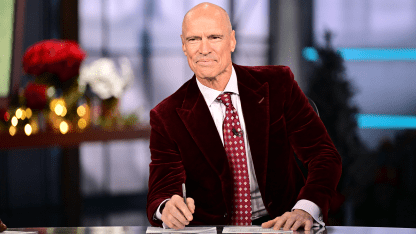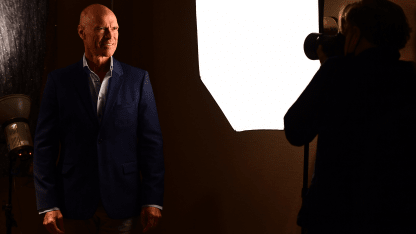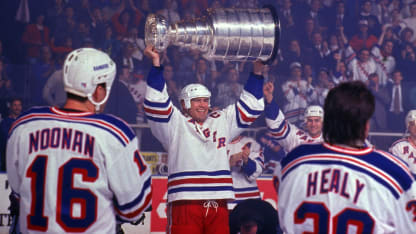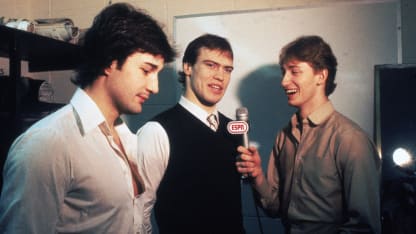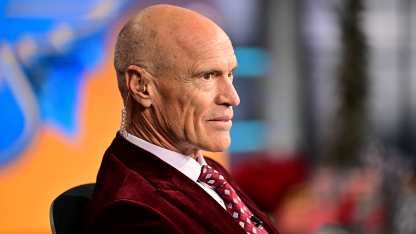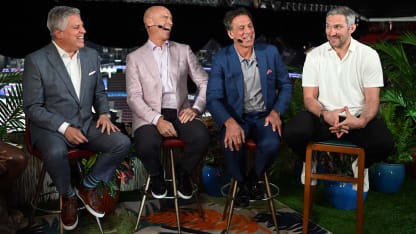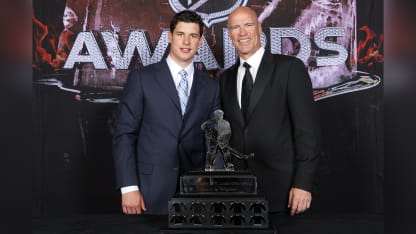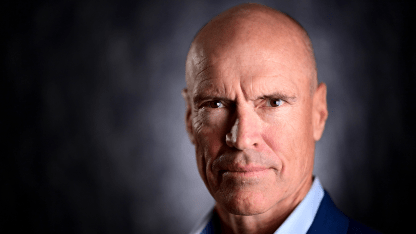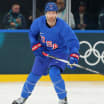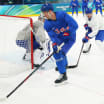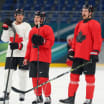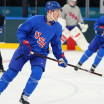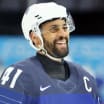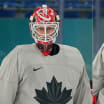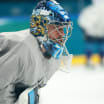Since 2021, Hockey Hall of Fame legend Mark Messier has served as lead studio analyst for ESPN's NHL coverage, his sharp insight and unique view of the game on and off the ice taking viewers not only into the action, but often into the mindset of players.
Messier is a legend by any definition of the word for his statistics and leadership. Twenty years this month since his last game, he ranks third all-time in regular-season points scored (1,887), third in games played (1,756) and ninth in goals scored (694).
The 63-year-old recently spoke at length with NHL.com in a wide-ranging interview that covered his Hockey Hall of Fame career, work as an analyst, today's NHL and of course, the 1994 Stanley Cup championship of the New York Rangers, their most recent title won 30 years ago this spring.
Today, the second of three parts of that conversation. Part 1 appeared Wednesday; Part 3 will follow Friday.
